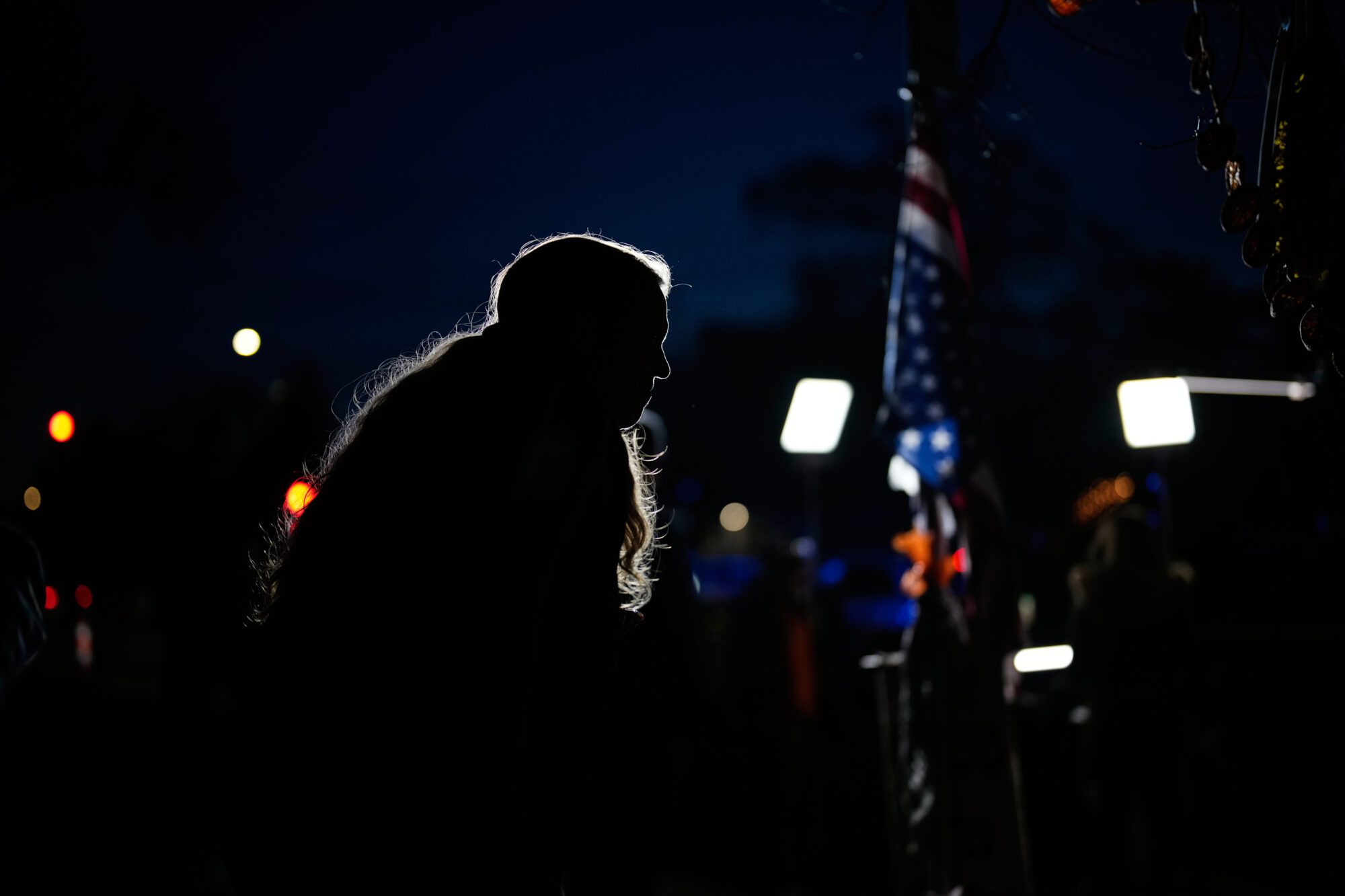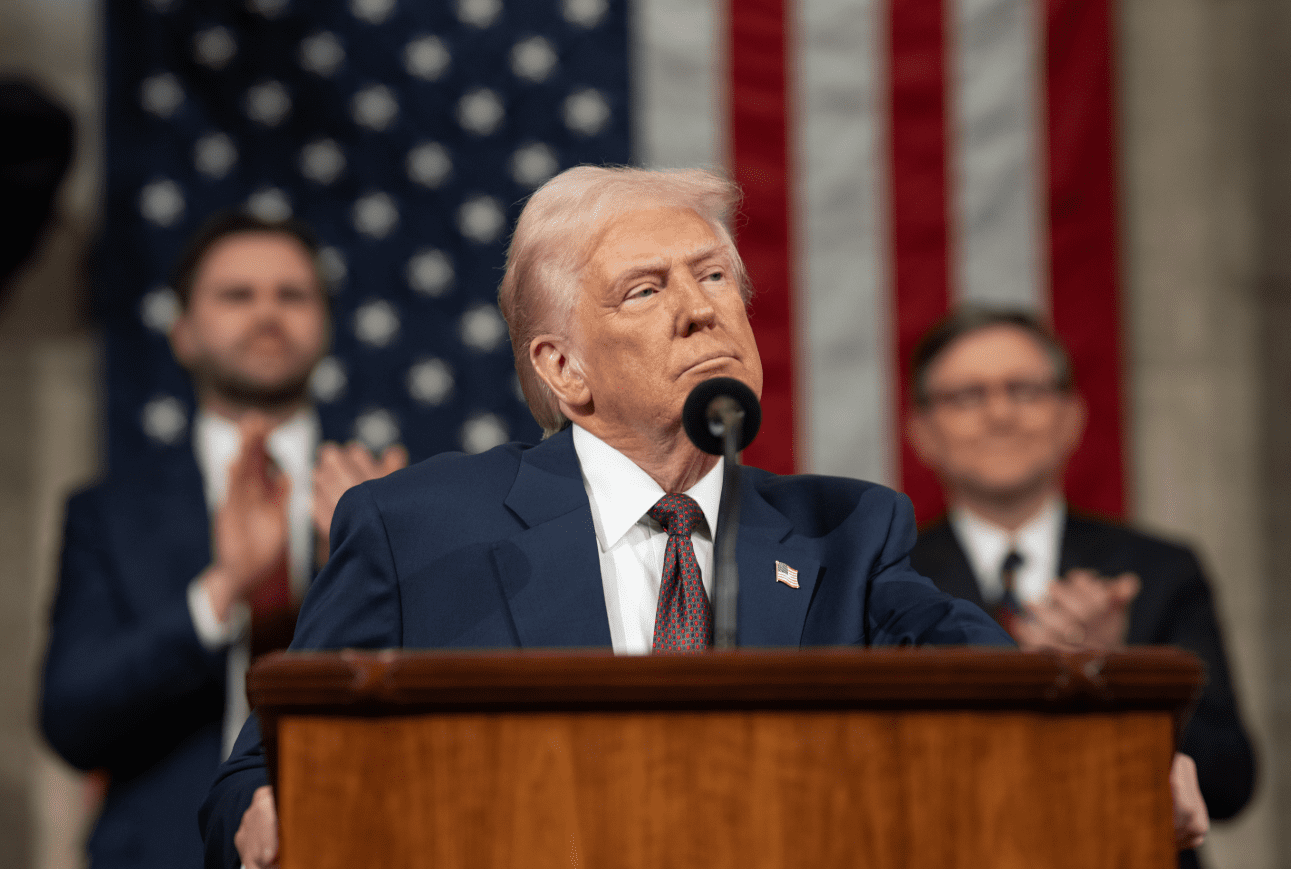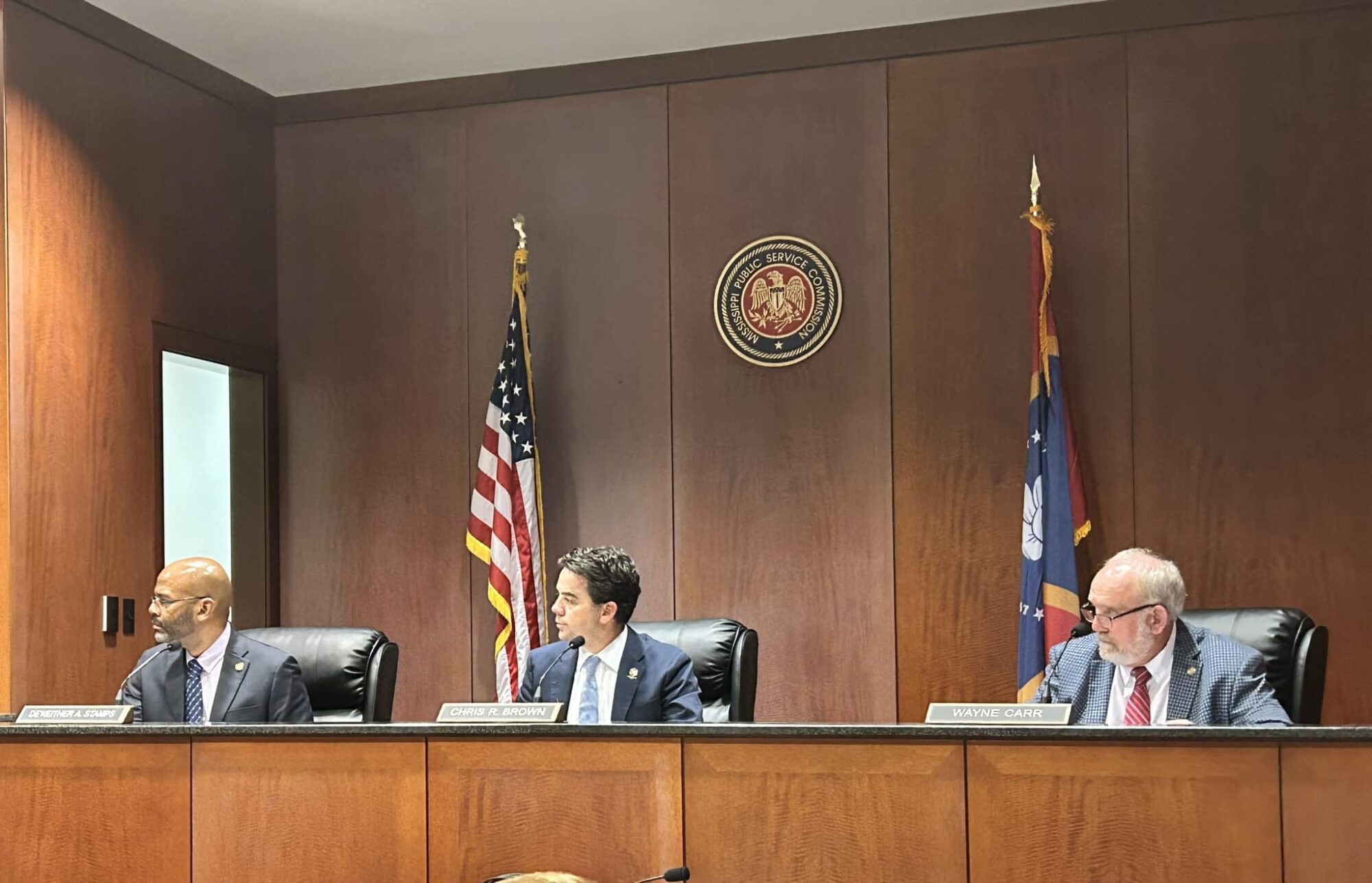
(Photo from Shutterstock)
- Kimberly Ross says the U.S. Supreme Court’s ruling in Mahmoud v. Taylor clearly places the development of a child’s religious exposure and instruction with parents.
On June 27, 2025, the Supreme Court handed down a ruling in Mahmoud v. Taylor. The case centered around a Maryland public school district and the Montgomery County Board of Education.
In late 2022, the district introduced additional curricula for their language arts program for kindergarten through fifth grade. The supplemental books were LGBTQ-inclusive books with titles like Pride Puppy, Uncle Bobby’s Wedding, and Born Ready: The True Story of a Boy Named Penelope. At the time of introduction, there was an option to opt-out of the instruction. But in March 2023, the district officially announced “it wouldn’t allow opt-outs from language-arts instruction that involved the storybooks “for any reason.'” Three sets of parents, Muslim, Roman Catholic, and Ukrainian Orthodox, sued the district for violating their religious liberties.
In a 6-3 split, the Supreme Court sided with the parents. In the majority opinion, Justice Alito wrote, “The Board’s introduction of the ‘LGBTQ+-inclusive’ storybooks, combined with its decision to withhold notice to parents and to forbid opt outs, substantially interferes with the religious development of petitioners’ children and imposes the kind of burden on religious exercise that Yoder found unacceptable. The books are unmistakably normative. They are designed to present certain values and beliefs as things to be celebrated, and certain contrary values and beliefs as things to be rejected.”
Further on in the opinion, Alito wrote, “We reject this chilling vision of the power of the state to strip away the critical right of parents to guide the religious development of their children.”
This decision is a win for religious freedom. And it doesn’t require a shared set of religious beliefs, or any religious belief at all, to support protecting liberty.
It’s abundantly clear that culture is lurching leftward in terms of foundational values. The problem is not that non-traditional dogmas exist, it’s that we’re required to vocally support them. America’s diversity of thought is one of its many strengths. A wide range of ideologies is part of a vibrant, intellectually inclusive society. Unfortunately, refusing to join a crowd that is increasingly militant often earns the label of “bigot” whether one is or not.
There is nothing controversial about this ruling. It quite clearly places the development of a child’s religious exposure and instruction with parents, where it always should be. If LGBTQ instruction and discussion promotes lifestyles at odds with what a parent wishes to teach their children, then the only recourse is allowing for opt-outs. The same is true if a public school district were to share Biblical instruction in a way that goes beyond teaching overall religious world history. If that instruction was worship oriented or pro-denominational in nature, the school district would have to allow for opt-outs. But that scenario is not a reality as public schools are not even allowed to share religion in such a manner. It is understandable that parents would challenge the district all the way to the high court and in turn, the court would rule in their favor.
In response to the ruling, members of the LGBTQ community and their allies behave as if it’s quite literally an affront to their existence.
Writing in the dissent, Justice Sonia Sotomayor said of the majority decision, “The result will be chaos for this Nation’s public schools. Requiring schools to provide advance notice and the chance to opt out of every lesson plan or story time that might implicate a parent’s religious beliefs will impose impossible administrative burdens on schools.”
This is fear-mongering at best. It is not chaos to allow parents an opt-out for specific material meant to indoctrinate kids toward a sympathetic LGBTQ+ worldview. These books are not instructional and general, as in saying “these views exist.” They are meant to sway young minds to an acceptance that rejects other, actually traditional points of view.
Furthermore, Sotomayor’s concern is misplaced. She is worried that “administrative burdens” will result. But the focus of all schools should be the students, and by extension, their parents and the families they serve. Not whether administrators feel vexed by dealing with the fallout from a problem they’ve created.
In an article published at LGBTQ Nation, author Faefyx Collington wrote, “When a child is excused from the room because a book has a gay character, what does that say to the kid who has two dads? When it’s a trans character, what does that mean for the child who is sitting there struggling with their gender identity? This sort of action will do serious harm to both the mental health of children and their families and to society’s ability to understand those who might not be like them in the world.”
Collington acts as though some great injustice takes place when a child in another home is brought up and taught in ways that differ from their classmates. But these differences, from family to family, are the default setting and have been for as long as the family unit has existed. Of course, each home has its own rules, faith traditions, cultural expectations, and the like. That a religious family opts-out of instruction doesn’t affect the child with two dads in any way. Why? Because each child’s parents will instruct them as they see fit in both this and every other issue.
So again, what’s the real problem? It’s a lack of broad acceptance. It’s diversity of thought that includes those who don’t embrace the LGBTQ+ ideology whether in a classroom or not. As a result, the response to Mahmoud v Taylor includes hyperventilating at imaginary harm caused to children and the nation alike. In reality, it protects religious liberty for all.
And whether or not you agree with the majority decision, continued protection for that freedom is something to celebrate.











